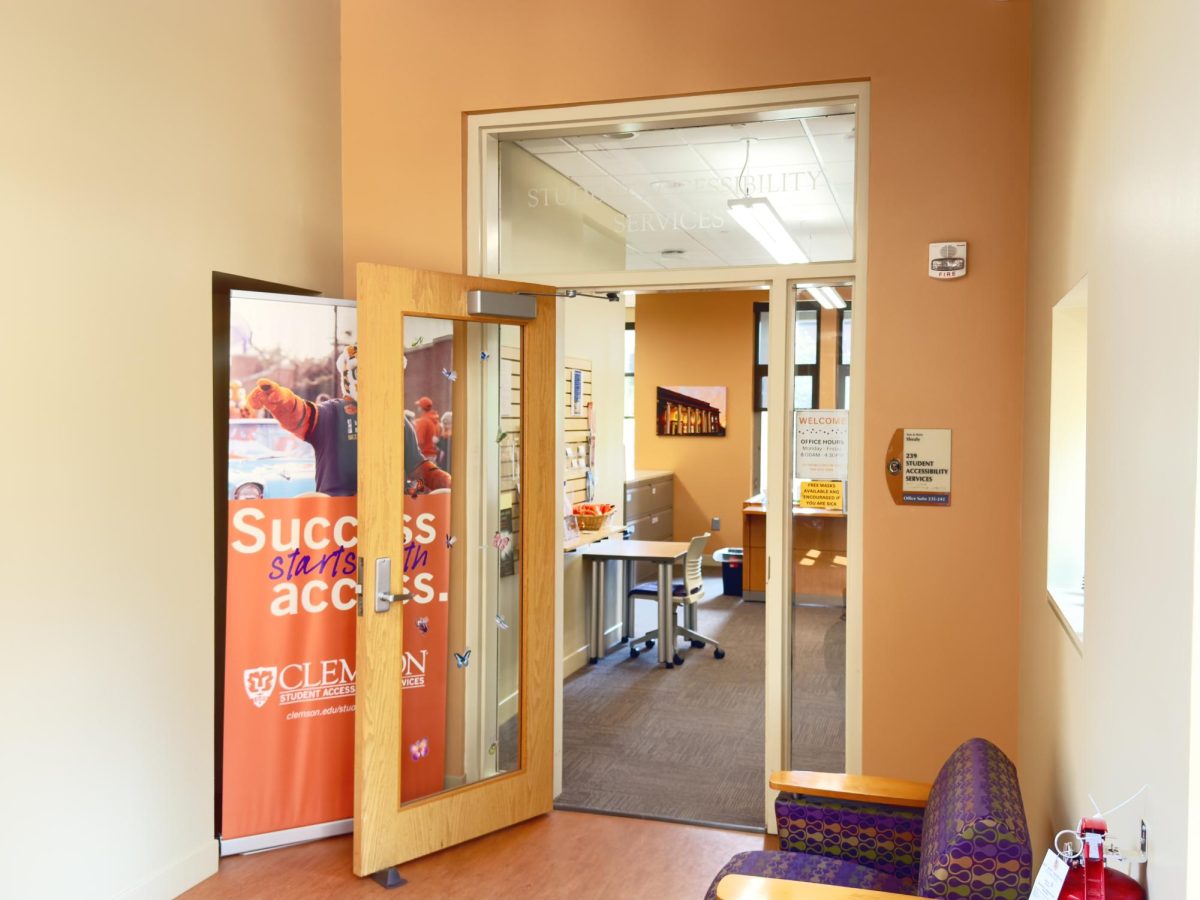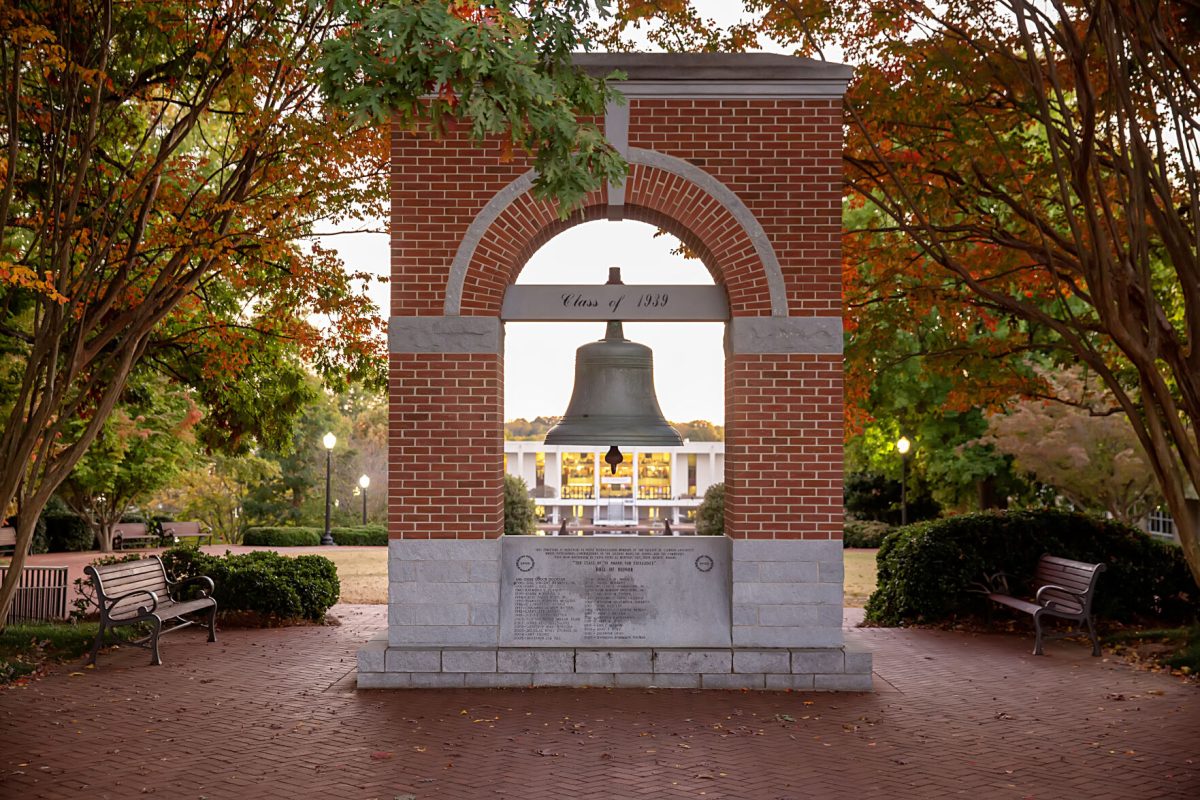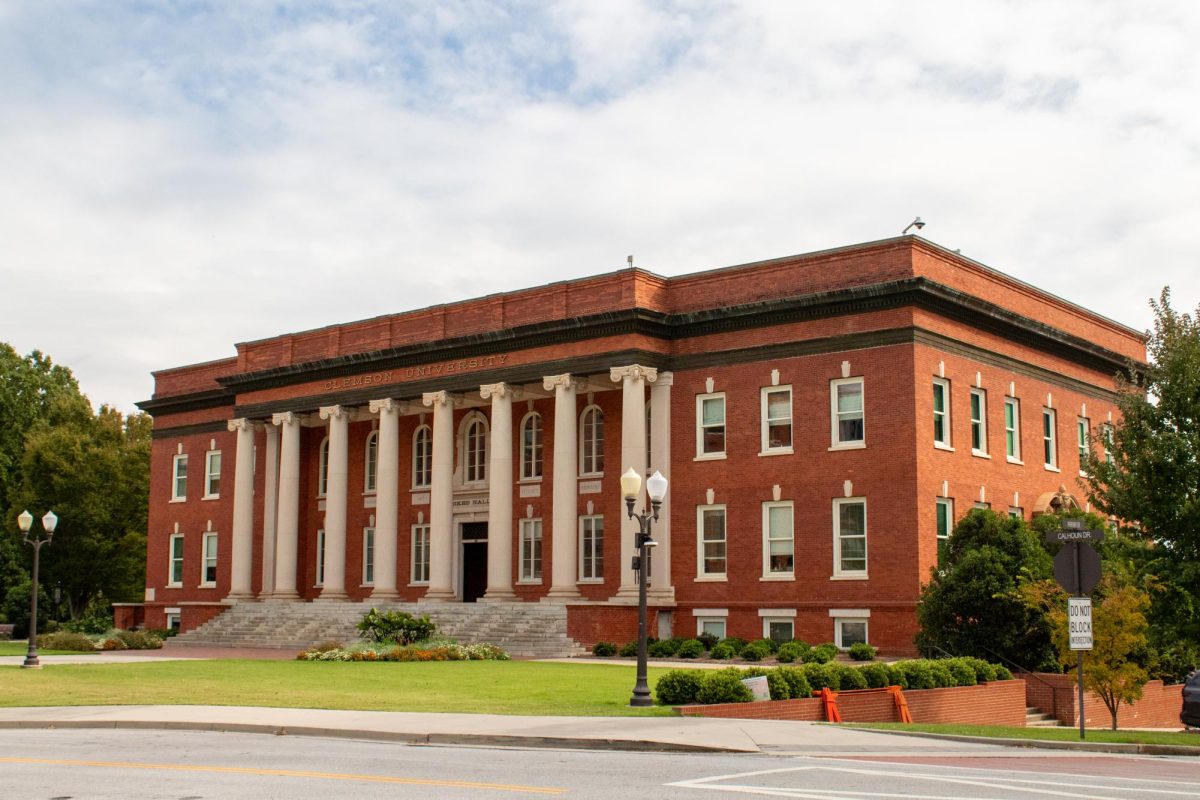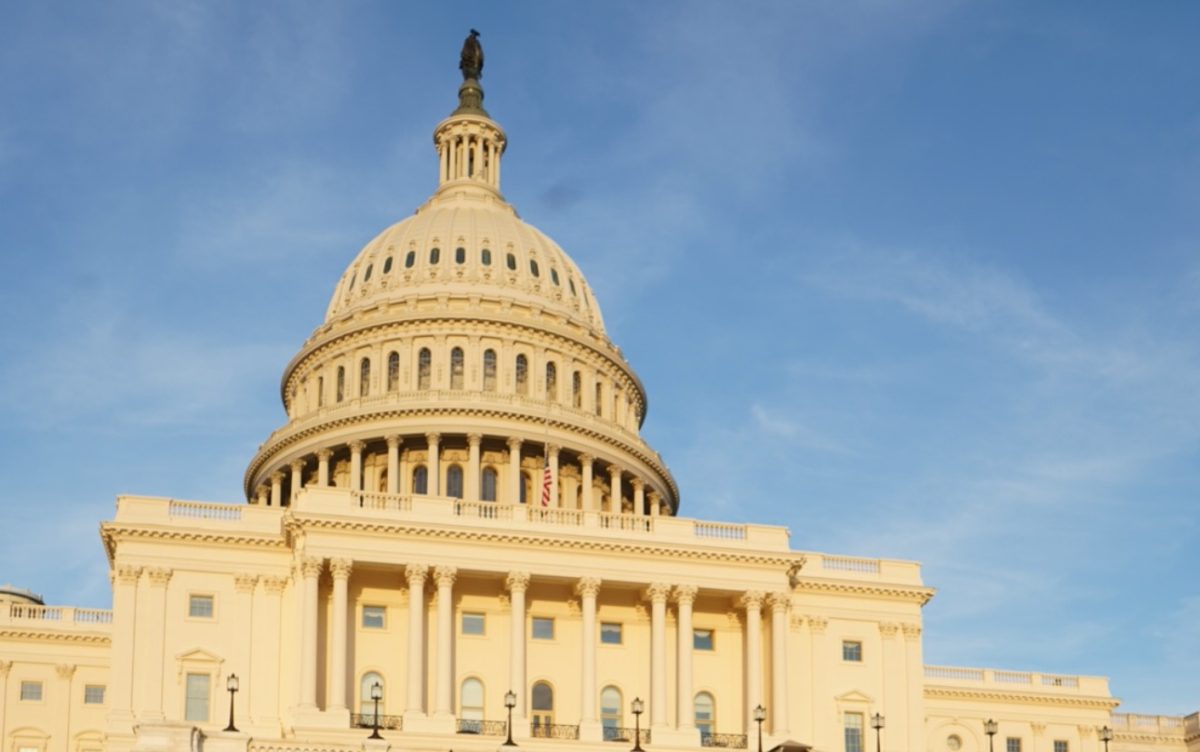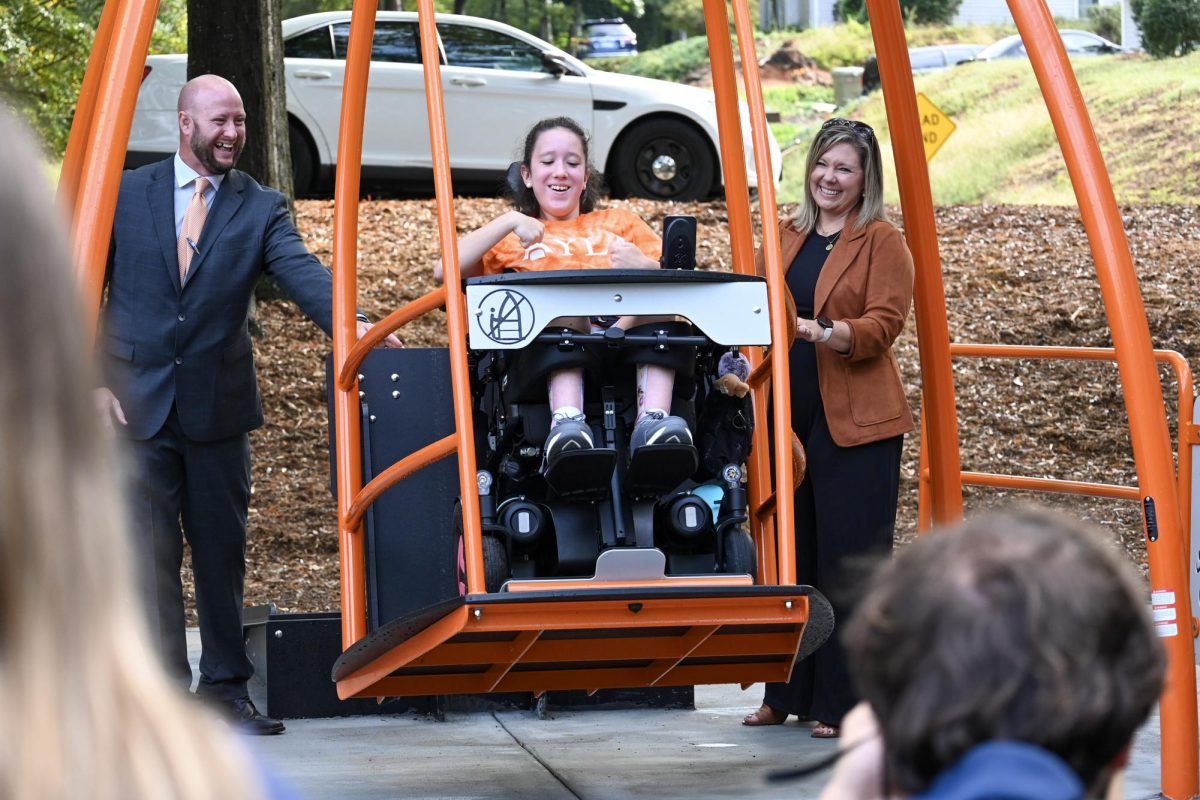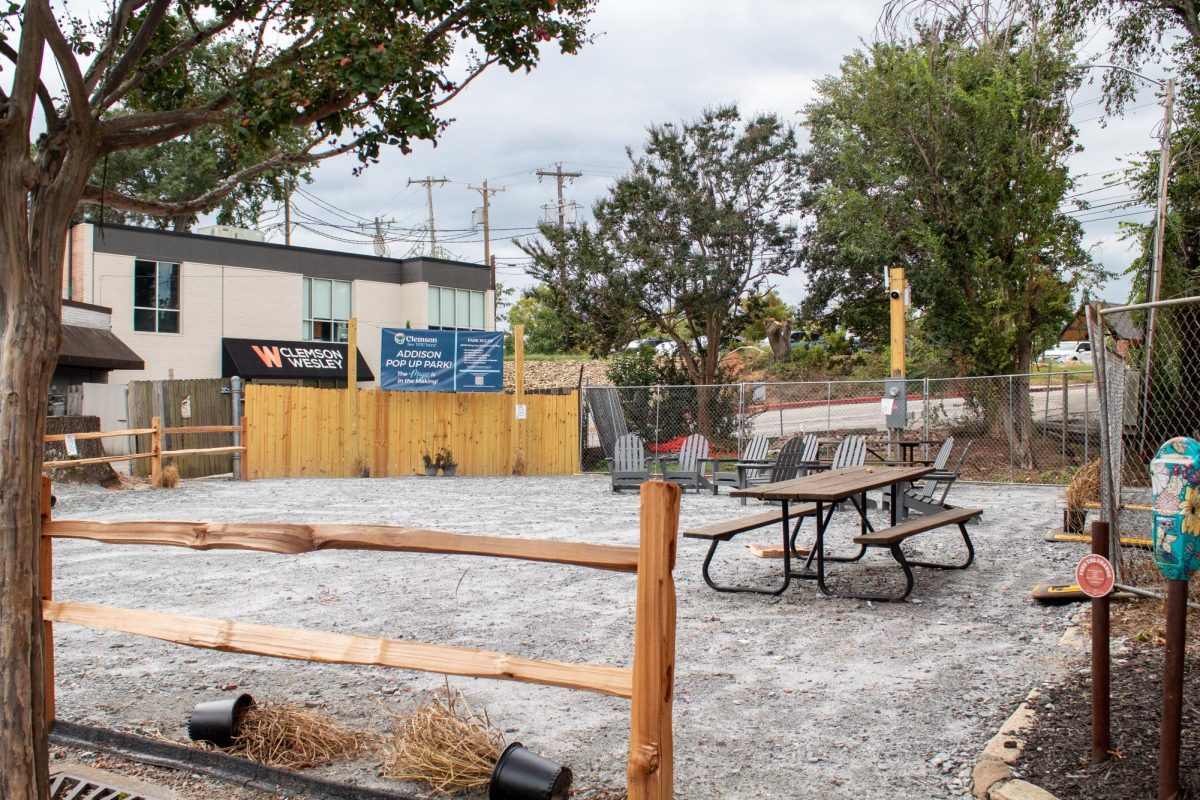After confirming the first 10 cases of the Omicron variant in the Upstate of South Carolina, Clemson University is monitoring the spread of COVID-19 to determine if any adjustments will be required for Tigers returning to campus in January, according to an announcement made Monday afternoon.
The 10 positive samples of the Omicron variant at Clemson come only five days after the Medical University of South Carolina identified the first cases of the variant in South Carolina. Three cases were found, all of which were in the Charleston area.
“The first Omicron case in South Carolina involved a COVID-19 sample collected for testing on Dec. 4. That means the fast-spreading variant has been here for at least a couple of weeks,” wrote the MUSC.
No changes to the spring semester at Clemson have been announced at this time, and the current face covering requirement remains in effect.
Face coverings are still required only in instructional spaces, research labs, medical facilities and on public transportation, but remain encouraged in places with large groups like Cooper Library.
As colleges across the country reevaluate plans for the spring semester, Clemson is expected to announce further updates over the next two weeks.
“As we have throughout this pandemic, we will continue to lean heavily on our public health experts to ensure that we are doing what we can to keep the community safe,” said Joe Galbraith, university spokesperson.
Students, faculty and staff returning to campus in January are expected to submit a negative test result before arriving to campus between January 3 and 7. At-home tests, which have been hard to come by, will not be accepted.
The university is strongly encouraging anyone who can receive a booster shot of the COVID-19 vaccine to do so. In January, first, second or booster doses of the COVID-19 vaccine will resume being offered on campus.
Booster shots are recommended for everyone ages 16 and older due to decreasing effectiveness against infection over time, according to the Centers for Disease Control and Prevention.
Scientists don’t yet know whether the Omicron variant is more severe than the previous Delta variant. However, early evidence shows that the variant is more transmissible, according to Dr. Julie Hirschhorn at the MUSC.
“If you have COVID-19 circulating in large quantities, then you always have that ability for more mutations to happen,” said Hirschhorn about her concerns of Omicron spreading faster than previous variants. “I think it’s pretty critical that people try and protect themselves in any way that they can.”








